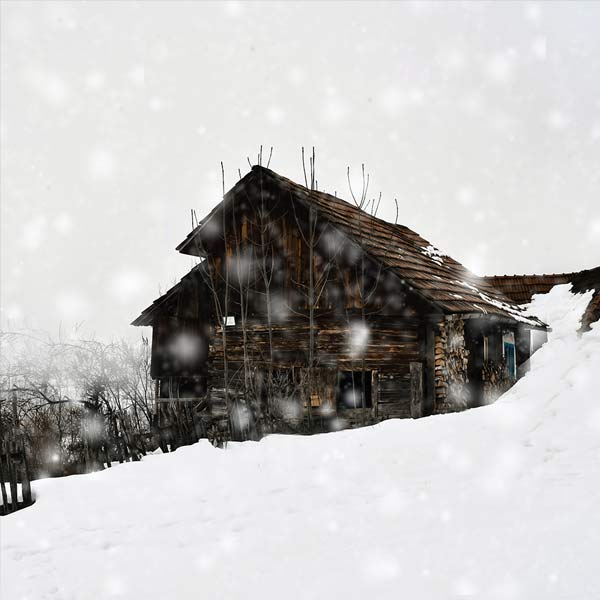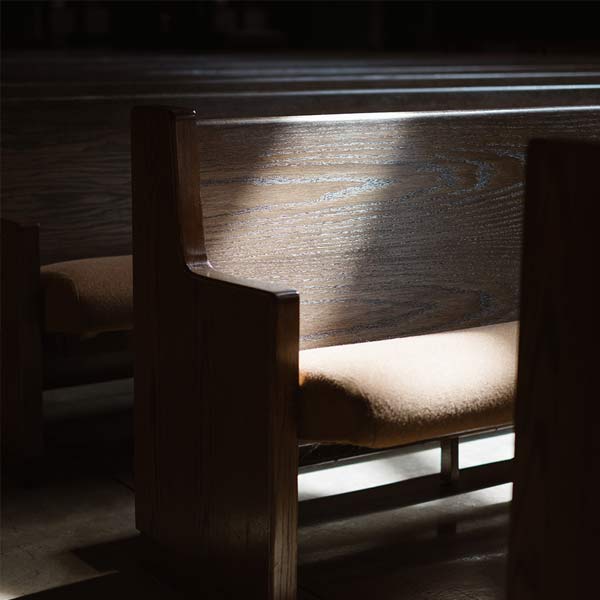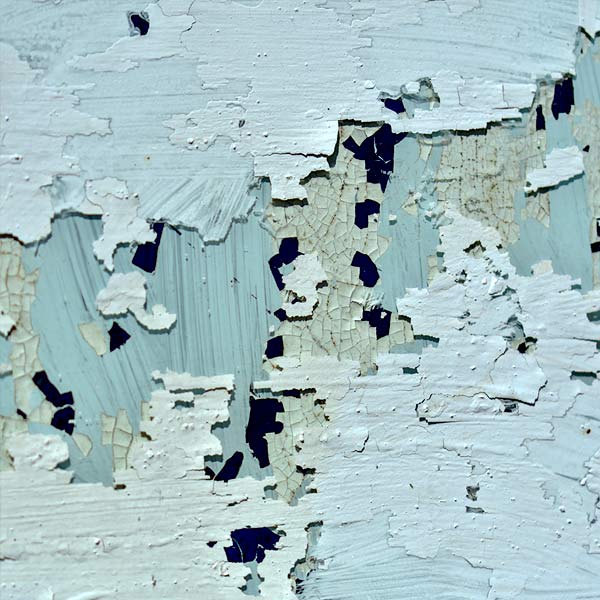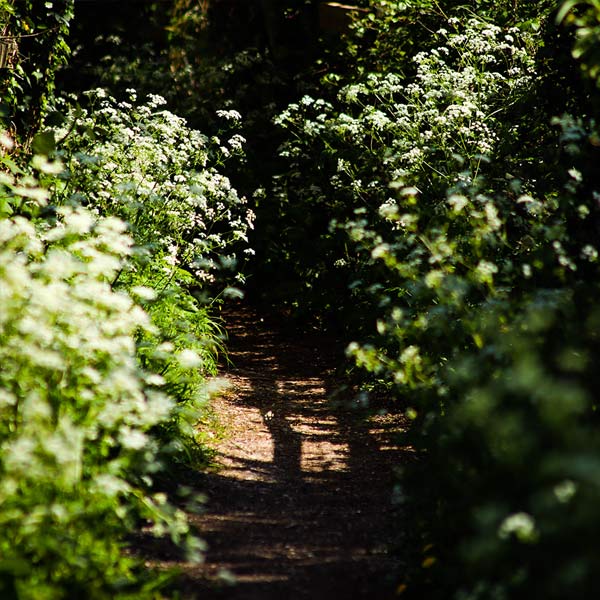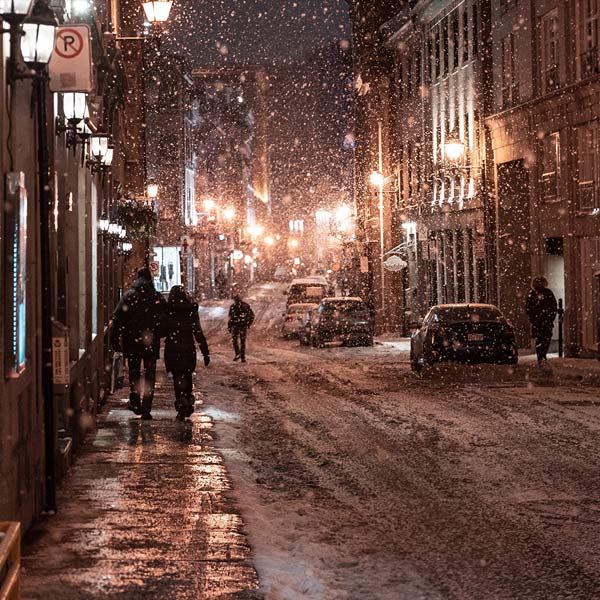wcag heading
From Pg. 9:
Ruth made a noise that could have been a laugh. Or indigestion.
‘I’ll tell you what is funny. You crash and burn trying to do something different, while Armand destroys his career by agreeing to go back and do the same old thing.’
Louise’s Thoughts:
I so enjoy writing Ruth, though it takes a, perversely, delicate touch. She needs to be honest and cranky, often insulting, while not descending into caricature or outright nastiness. Here that ambivalence is illustrated, I hoped, through their inability to know if the noise is amusement or indigestion. Though, once again, she uncomfortably states what most are thinking.
From Pg. 42
“Consequences,” said Gamache. “We must always consider the consequences
of our actions. Or inaction.”
Louise’s Thoughts:
This is an ongoing theme within the books, and with Gamache. Considering the consequences, knowing the consequences, weighing the outcomes….and still deciding to act. It’s one thing to act on instinct, and there’s often rare courage in that – but Armand tries to impress on his people that there’s even more courage in looking without blinking at what their actions might mean. Good and bad. Intended and unintended. He goes on to say that, in his opinion, that’s part of their contract with the Quebec population. That those with a badge and a gun, will have the maturity to think before they act.
From Pg. 11
He left the woods late that afternoon, shattered.
And now he was back.
A better man? A bitter man?
They were about to find out.
Louise’s Thoughts:
The homicide team is about to see Armand Gamache, back at work as their Chief Inspector, for the first time since his suspension and demotion from Chief Superintendent. I loved writing this scene…of his return, and their reaction. And my reaction, to having him back as head of homicide. Where the whole Three Pines series began. Older. More bruised. Both him, and me. And you too, I suspect. Have the years, the events, the vicissitudes made him, us, bitter or better?
From Pg. 16
‘I see.’ Gamache lowered his voice, though all could still hear the words. ‘When I was Chief Superintendent I had a poster framed in my office. On it were the last words of a favorite poet, Seamus Heaney. Noli Timere. It’s Latin. Do you know what it means?’
He looked around the room.
‘Neither did I,’ he admitted, when no one spoke. ‘I had to look it up. It means, Be Not Afraid.’
Louise’s Thoughts:
Not completely coincidentally, I have the same poster in my living room, where I see it everyday as I write. I’m looking at it now. Fear is such a thief. If I only did what I was comfortable with, there’d be no books, no marriage, fewer close relationships. Less travel, far fewer, or no, risks. And my life would shrink to nothing. Armand knows that the bravest person in any room is the one who can admit he’s scared sh**less. But does it anyway. Here he’s encouraging a young agent to speak his mind, even though he’s afraid.
From Pg. 48
She also happened to be the chief of the volunteer fire department. Not because she was a natural leader, but because most villagers would rather run into a burning building or a river in full flood than face Ruth Zardo’s sharp tongue.
Louise’s Thoughts:
Ha – I’ve used similar descriptions of Ruth, and once again I hoped to illustrate the contradiction that is Ruth…indeed, that is most of us. The elderly poet could stay home, ignoring whatever natural disaster has cropped up. Instead, she takes on a leadership role, whether her neighbors like it or not. Yet she’s strangely effective, partly because the very thing that makes her almost as terrifying as the catastrophe, makes her uniquely effective. Ruth Zardo never shies away from the truth. From a fight. In this book we see her doing just that, with some great success, and with some terrible result.

